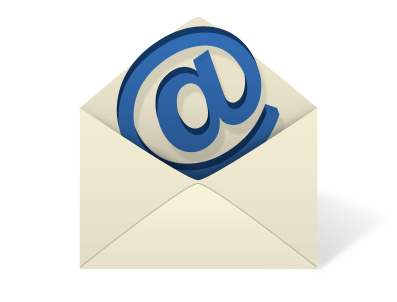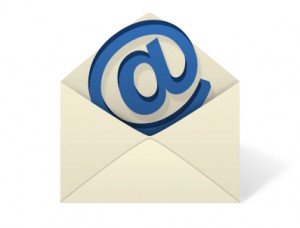 Etiquette is a code of behavior that delineates expectations for social behavior according to contemporary conventional norms within a society, social class, and group, or rules governing socially acceptable behavior. (Word web /Wikipedia the Free encyclopedia).
Etiquette is a code of behavior that delineates expectations for social behavior according to contemporary conventional norms within a society, social class, and group, or rules governing socially acceptable behavior. (Word web /Wikipedia the Free encyclopedia).
Why do you need email etiquette?
A company needs to implement etiquette rules for the following three reasons:
Professionalism: by using proper email language, your company will convey a professional image.
Efficiency: emails that get to the point are much more effective than poorly worded emails.
Protection from liability: employee awareness of email risks will protect your company from costly law suits.
Email communication is very important to all companies, particularly in this day and age. If companies are able to deal professionally with email, it will provide them with that all-important competitive edge. By requiring employees to use appropriate, businesslike language in all electronic communications, employers can limit their liability risks and improve the overall effectiveness of the organization’s e-mail and Internet copy.
What are the email etiquette rules?
There are many etiquette guides and rules for email. These differ according to the nature of your business and the corporate culture.
1. Precision
Be concise and to the point. Do not make an e-mail longer than it needs to be. Remember that reading an e-mail is harder than reading printed communications and a long e-mail can be very discouraging to read.
2. Answerability
An email reply must answer all questions, and preempt further questions. If you do not answer all the questions in the original email, you will receive further e-mails regarding the unanswered questions.
3. Proper spelling, grammar & punctuation
This is not only important because improper spelling, grammar, and punctuation give a bad impression of your company, it is also important for conveying the message properly.
4. Proper structure & layout
Since reading from a screen is more difficult than reading on paper, the structure and lay out is very important for e-mail messages. Use short paragraphs and blank lines between each paragraph.

5. Do not write in CAPITALS
IF YOU WRITE IN CAPITALS, WHAT IT IMPLIES IS THAT YOU ARE SHOUTING. This can be highly annoying and might trigger an unwanted response in the form of a flame mail. Therefore, try not to send any email text in capitals.
6. Don’t leave out the message thread.
When you reply to an email, you must include the original mail in your reply, in other words click “Reply”, instead of “New Mail”. If you receive many emails, you obviously cannot remember each individual email. This means that a “threadless” email will not provide enough information and you will have to spend a frustratingly long time to find out the context of the email in order to deal with it.
7. Add disclaimers to your emails
It is important to add disclaimers to your internal and external mails, since this can help protect your company from liability.
8. Read the email before you send it
Read emails before sending out. People hardly take time to do this and it can be seen from the many spelling and grammar mistakes. Apart from this, reading your email through the eyes of the recipient will help you send a more effective message and avoid misunderstandings and inappropriate comments.
9. Abbreviations and emoticons
In business emails, try not to use abbreviations such as BTW (by the way) and FYI (for your information). The recipient might not be aware of the meanings of the abbreviations and in business emails these are generally not appropriate. The same goes for emoticons, such as the smileys – avoid them.
10. Do not use email to discuss confidential information
Sending an email is like sending a postcard. Never make any libelous, sexist or racially discriminating comments in emails, even if they are meant to be a joke.
11. Use a meaningful subject
Try to use a subject that is meaningful to the recipient as well as yourself. For instance, when you send an email to company requesting information about a product/service, it is better to mention the actual name of the product/service.
12. Use the cc: field sparingly
Try not to use the cc: field unless the recipient in the field knows why they are receiving a copy of the message. Also, when responding to a cc: message, should you include the other recipient in the cc: field as well? This will depend on the situation.
The act of communication via electronic mail (netiquette) is very sensitive because words convey a lot. Proper communication will always paint a beautiful picture, elevate your brand, and put your company on a priority list in the minds recipients, but poorly worded emails will only do the reverse.


